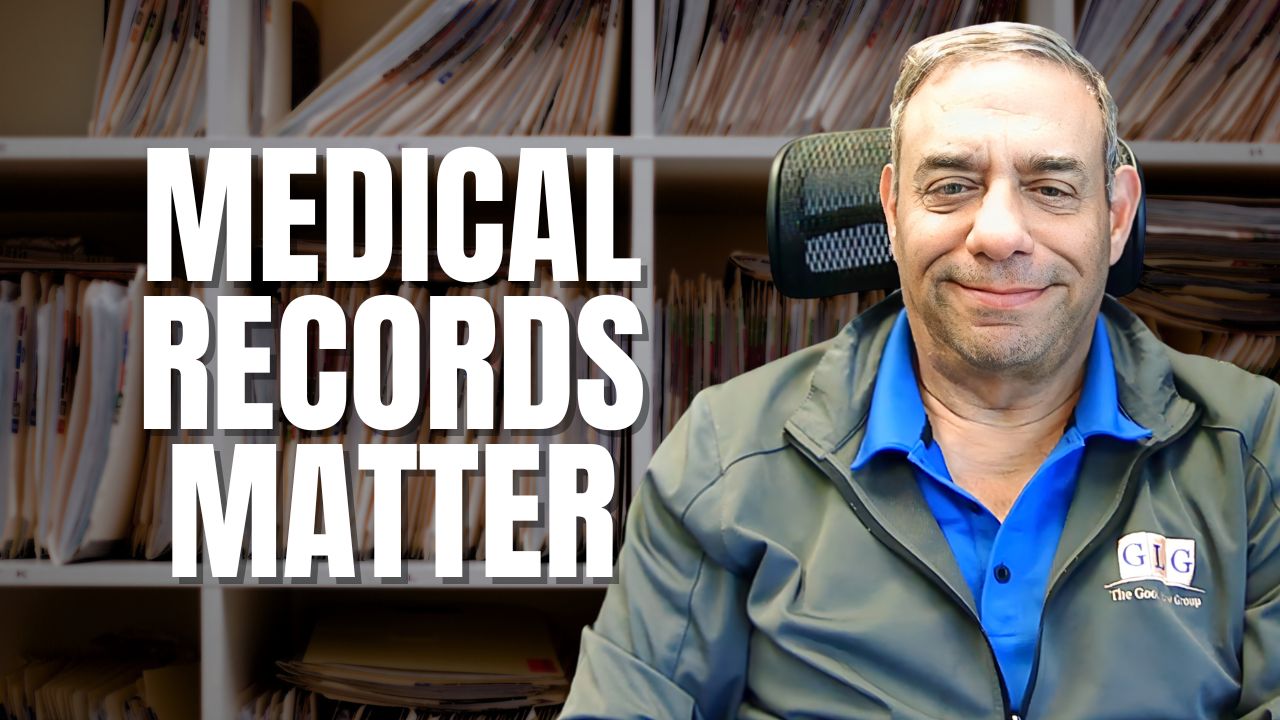If you have suffered a stroke, you may be eligible to receive Social Security Disability (SSD) benefits. Section 11.04 of the Social Security Administration (SSA) blue book, which contains more than 100 disabling conditions, deals with stroke, or central nervous system vascular accidents. But when it comes to stroke and SSD benefits, the SSA handles applications somewhat differently than other disabling conditions.
Whiles strokes are significant, how it affects a person depends on where in the brain the stroke occurred, and how much of the brain was damaged. While more than two-thirds of those who suffer from strokes will have some form of disability, others – particularly those who suffer from minor strokes – may have little to no issues, and recover completely.
Since SSD benefits are only paid if the disability has lasted, or is expected to last, at least 12 months, an applicant who experiences only short-term issues following his stroke will not be eligible to receive benefits. Even if the applicant suffers a disability as a result of the stroke that lasts more than 12 months, it still may not meet the SSA’s definition of disability, which requires that the disability prevent the applicant from engaging in substantial gainful activity. So the simple fact that the applicant suffered a stroke does not automatically result in a grant of SSDbenefits.
Because it is difficult to know what an applicant’s long-term outcome is immediately following the stroke, the earliest the SSA will consider an application for SSD benefits is three months following the date the stroke occurred. This gives the applicant’s condition enough time to stabilize so that the SSA can more accurately evaluate how much his condition is expected to improve.
What constitutes a stroke for SSD benefits
The SSA blue book defines stroke as a central nervous system vascular accident accompanied by either sensory or motor aphasias or disorganization of motor function. Sensory or motor aphasia is a condition that causes ineffective speech or communication. Those who suffer from sensory or motor aphasia repeat words or phrases, have difficulty spontaneously answering questions, have difficulty understanding what is said to them or are unable to speak in proper sentences.
Disorganization of motor function must be significant or persistent, and must affect at least two extremities (limbs). The disorganization must cause a sustained disturbance in gross and fine motor skills, or gait and station (walking). The disorganization may be in the form of paralysis, tremors or other involuntary movements, ataxia or sensory disturbances, either alone or in combination with each other.
The disability examiner will evaluate the extent to which the motor function impairment interferes with the applicant’s ability to walk and/or use his fingers, hands and arms. The more functional impairment displayed, the higher the chance that the application will be approved. Therefore, when completing your SSD application, make sure to accurately describe any and all difficulties you have in walking – i.e., how far you can walk without resting, whether you need an assisted device, whether you walk with a limp, etc. – sitting and/or standing, as well as any difficulties you have with fine motor tasks, such as writing, typing or picking up objects (particularly those associated with your current or past jobs). You should also note whether there has been any improvement in your ability to perform these tasks, whether your skills have deteriorated, or have remained the same since the stroke.
Any medical records you submit should also make note of these difficulties, and should include any tests physicians or therapists have done showing your progress (or lack thereof) and any residual weakness. Your SSD attorney can provide your physician(s) with a medical source statement to ensure all of the appropriate information is provided.
If your condition does not meet the SSA’s disability listing for stroke, you may still qualify for benefits if your medical records and work history show that your residual functional capacity – that is, what you are capable of doing despite the disability – makes it impossible for you to work in your current or former job, or at some other job that your skills may be transferable to.
Are you applying for SSD benefits or considering applying for benefits? Consider the Law Office of Neil Good for your representation. Call #(847) 577-4476 or complete this online evaluation form.








